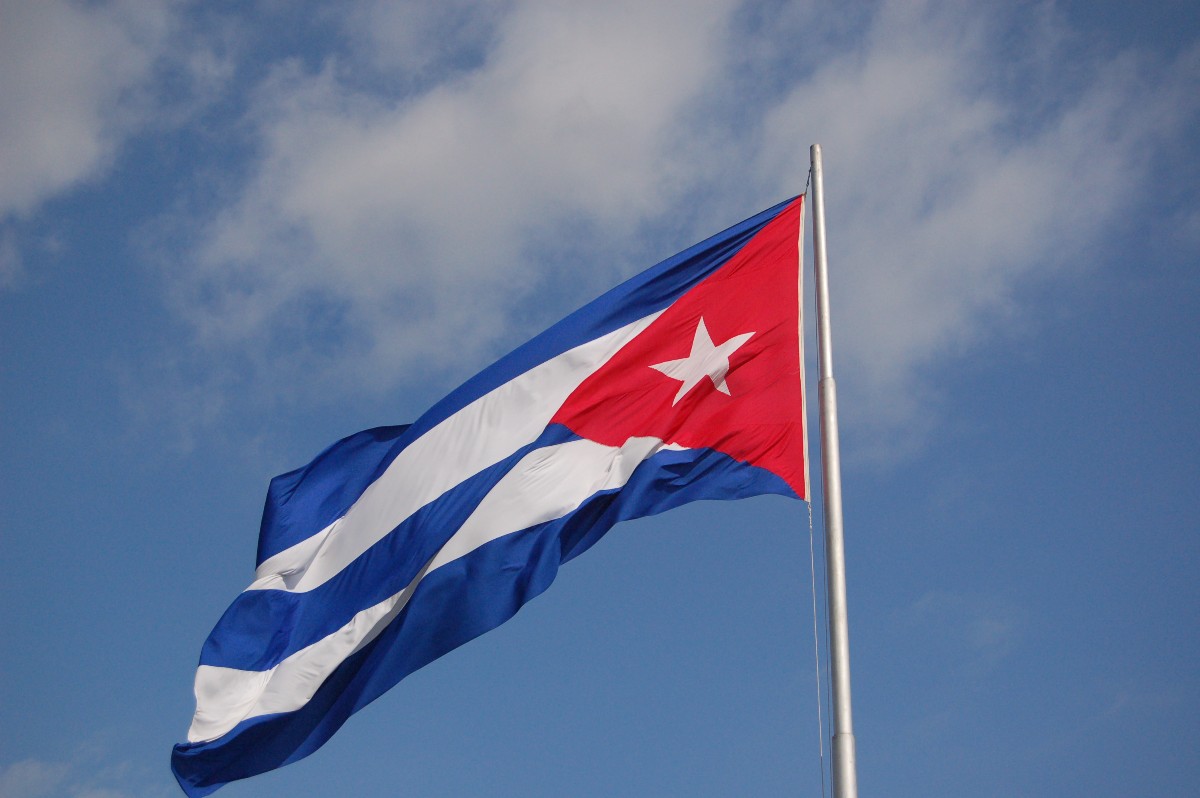
US-Cuba Engagement is a Matter of National Security: ASP Statement on Changes to US-Cuba Policy
The American Security Project (ASP), a non-partisan national security think tank, is deeply disappointed by the announced changes to US-Cuba policy. In March 2017, ASP led a historic delegation of retired admirals and generals to meet with members of the Cuban Government in Havana.
The rapprochement between Cuba and the United States is a great lesson in how effective diplomacy can build national security in the 21st century. With the current administration’s commitment to ‘America First,’ ASP sees any policy changes that weaken or limit the United States’ ability to strengthen ties between the US and Cuba as undermining US national and homeland security interests.
Cuba’s location in the Caribbean and proximity to the US make it a natural and strategically valuable partner on issues of immediate concern, including terrorism, border control, drug interdiction, environmental protections, and emergency preparedness. Indeed, substantial progress already has been made over the last two years in these and other areas, resulting in 22 agreements between the US and Cuba and practical coordination with the US military and other agencies.
The continued normalization of relations with Cuba is also important to the national security of the United States in the context of the stability of relationships in the Western Hemisphere.
While Cuba is no longer the security issue as it was during the Cold War, Russia and China still view the island as an important theater and a place to gain influence and access near the US.
The US’ geopolitical rivals are not waiting. In as clear a sign as will ever come in geopolitics and economics, a Russian tanker arrived on May 10, after Russia’s Rosneft signed a secretive deal with the Cuban Government to provide oil. Likewise, China is increasing its influence in Cuba as a challenge to American economic clout in Latin America. Meanwhile, Venezuela, the longtime leader of opposition to the U.S. in Latin America, is spiraling into chaos – and looking to Cuba for the support it needs to remain in power.
The Cuban Government’s record on human rights is not to be overlooked. However, the Government’s willingness to engage with the United States on equal terms can only motivate and encourage transformational social and economic thought over the long term.
The American Security Project is pleased to note that the administration will maintain diplomatic relations with Cuba, allow limited business, and not overturn the revocation of the “wet foot/dry foot” policy. While imposing more stringent travel restrictions will not be beneficial, there at least will remain several options for travel to Cuba. The United States has dramatically increased cooperation with Cuba on immigration, drug interdiction, and disaster assistance over the last few years – we encourage the administration to expand these efforts and also allow military to military cooperation. The more we engage with Cuba, in all respects, the better for us, and for all Cubans.





